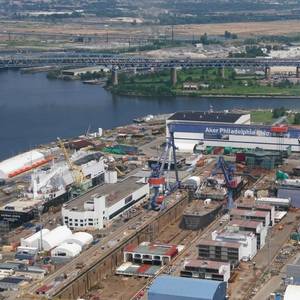
The South Korean-owned Philly Shipyard in the United States does not currently have the capability to build a nuclear-powered submarine, Prime Minister Kim Min-seok said on Thursday during a parliamentary hearing.His remarks come after U.S. President Donald Trump wrote on social media last week that he had given approval for South Korea to build a nuclear-powered submarine and that it would be
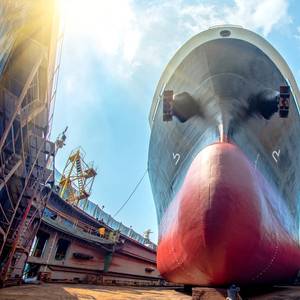
China's sanctions on U.S.-linked units of shipbuilder Hanwha Ocean threaten to impact ambitious plans for shipbuilding cooperation between Seoul and Washington by disrupting supplies of Chinese equipment and materials, officials in Seoul said on Friday.Beijing announced the sanctions on Tuesday as the U.S.
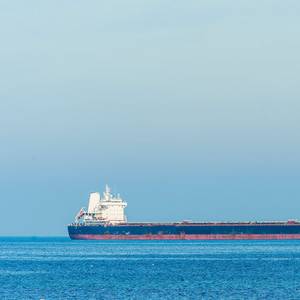
Terminal operators in a major oil port in east China's Shandong province are set to introduce measures to ban shadow fleet vessels and curb visits by other old tankers, according to an official notice seen by Reuters and a tanker tracker.The measures, to take effect from November 1, would ban vessels using fake IMO numbers and ships of 31 years or older
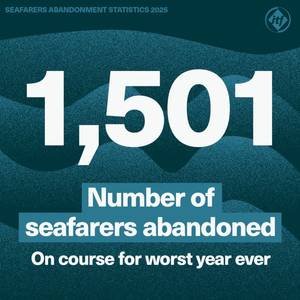
By May this year, 158 cases of vessel abandonment had been recorded, up from 119 at the same point in 2024.These cases represent more than 1,501 seafarers who have reached out to the ITF for assistance, many of whom were left unpaid, without food, water or access to ports, often for months at a time.“Abandonment is a growing, systemic problem,” said Stephen Cotton, ITF General Secretary.
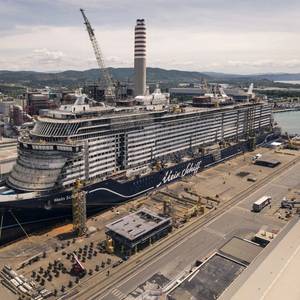
Fincantieri and TUI Cruises, a joint venture between TUI AG and Royal Caribbean Cruises, have launched Mein Shiff Flow, a dual-fuel cruise ship newbuild.A sister ship to Mein Schiff Relax, delivered in February 2025, the new unit is scheduled to enter service in mid-2026.With approximately 160,000 gross tons
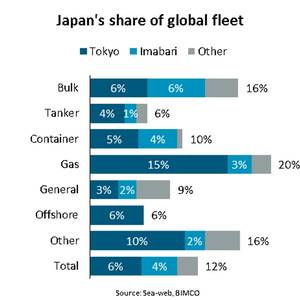
Japan is world’s third largest shipping nation as owners control 12% of the fleet“Combined, Japanese shipowners currently own 12% of the global fleet’s deadweight tonnes capacity (DWT). This makes Japan the third largest shipowning country in the world and one of only three countries where shipowners control more than 10% of the global fleet’s DWT capacity,” says Niels Rasmussen
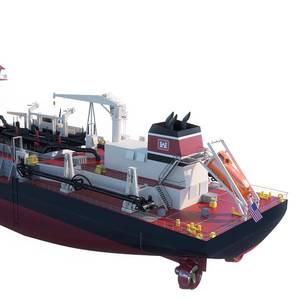
Eastern Shipbuilding Group (ESG) has officially begun construction on the U.S. Army Corps of Engineers' (USACE) new medium class hopper dredger with a ceremonial steel-cutting event.The vessel is being built at ESG's Allanton and Port St. Joe facilities and is scheduled for delivery in 2027.ESG is collaborating with Royal IHC on the design.
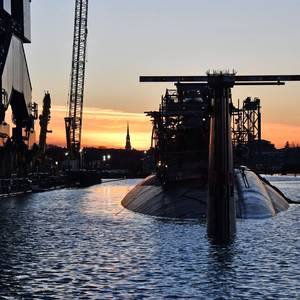
[The following are exerpts and paraphrasing from testimony given by Matthew O. Paxton, President of the Shipbuilders Council of America (SCA), to Congress on the morning of February 26, 2025.]While maritime strength and shipbuilding historically have been a cornerstone of global power, shifting times and geopolitical pressures impact readiness and output.
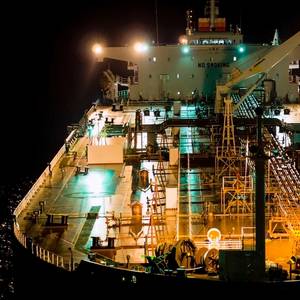
Russia may be forced to reduce its oil production in the coming months as U.S. sanctions restrict access to tankers needed for exports to Asia, while Ukrainian drone attacks continue to damage key refineries.Last month, the U.S. imposed sanctions targeting 180 Russian tankers, coinciding with an escalation in Ukrainian drone strikes aimed at strengthening Kyiv’s bargaining position.
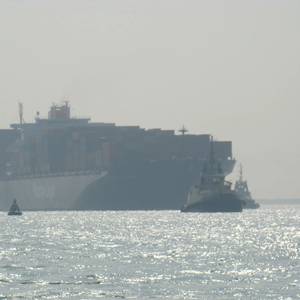
In the ever-evolving world of maritime trade, ship ownership is a key indicator of economic influence and global commerce. As we enter 2025, Veson Nautical offers its Top 10 Ship Owning Nations, offering a detailed analysis of fleet values and industry shifts. This year, China has surged to the top, overtaking Japan in total fleet value
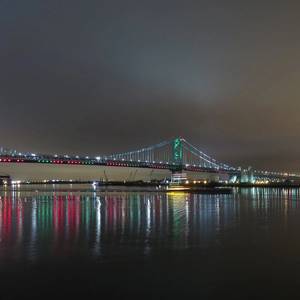
The U.S. Coast Guard is responding to the grounding of the 623-foot bulk carrier Algoma Verity approximately a mile north of the Benjamin Franklin Bridge in the Delaware River.At 6:30 p.m., Wednesday, Coast Guard Sector Delaware Bay watchstanders received a report from the pilot aboard the Algoma Verity stating the vessel had run aground. No injuries or pollution have been reported.
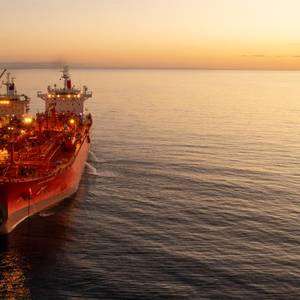
The shipping industry has been watching the dual-fuel engine choices made for newbuildings as an indicator of what many see as an uncertain fuel future.In December, DNV’s Alternative Fuels Insights platform counted 27 ammonia and 322 methanol-fueled vessels currently on the orderbooks.Methanol has raced ahead of ammonia, which currently lags in both engine and regulatory development.